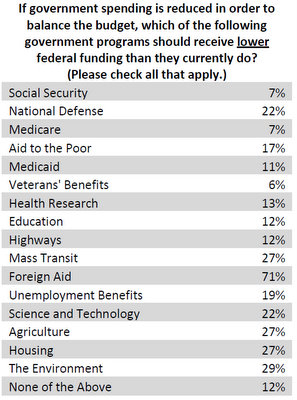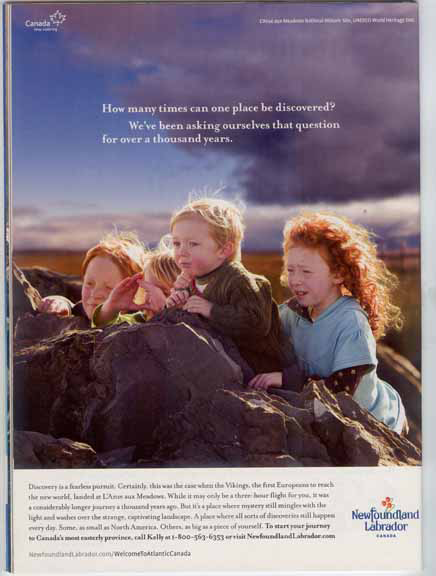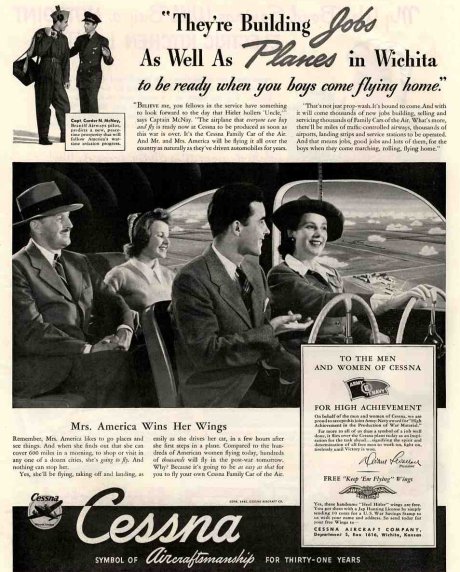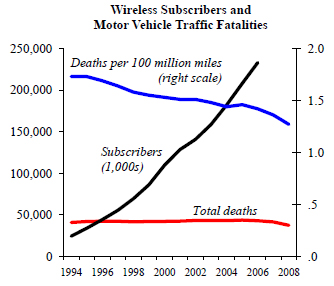What happens when huge numbers of people lose their homes? Hundreds of thousands of Haitians lost their homes in the giant earthquake that struck Port-au-Prince in January. Six months later, resource-poor and with little help from their government, they remain homeless. When there are that many displaced people, where do they live? Apparently, everywhere. This week NPR reported that about 1,000 people are living in 326 make-shift structures on an 8-foot-wide median dividing one of Haiti’s busiest roads.
If private property is off-limits, public space fills up, and temporary housing isn’t provided, where are people to go?
—————————
Lisa Wade is a professor of sociology at Occidental College. You can follow her on Twitter and Facebook.
Lisa Wade, PhD is an Associate Professor at Tulane University. She is the author of American Hookup, a book about college sexual culture; a textbook about gender; and a forthcoming introductory text: Terrible Magnificent Sociology. You can follow her on Twitter and Instagram.








